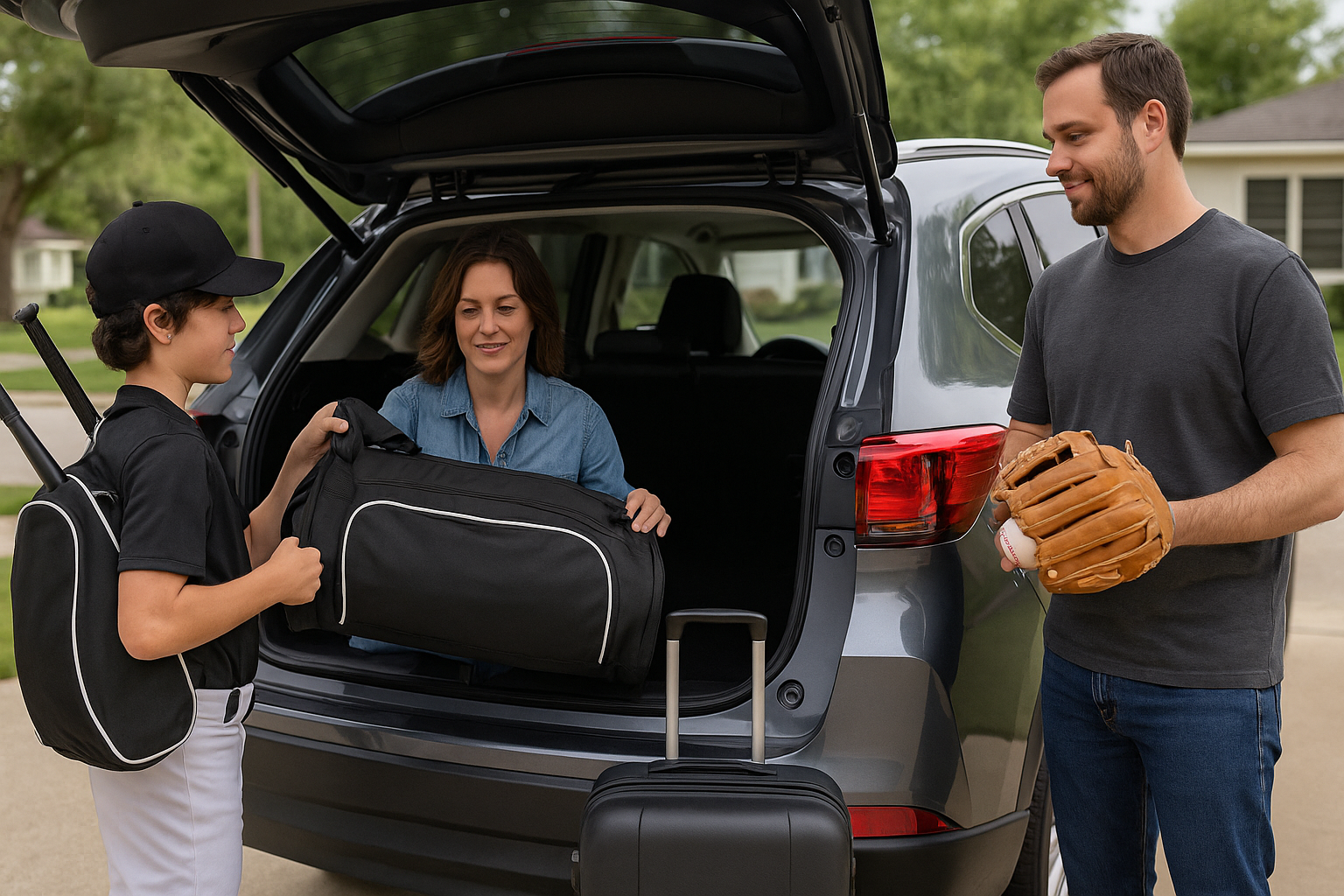Travel is one of the defining features of travel baseball, and being prepared can make the difference between a stressful weekend and a smooth, enjoyable experience. Successful preparation involves planning ahead for logistics, finances, and the player’s needs.
Start with scheduling. Once your tournament or league schedule is set, share it with families as early as possible. Early notice allows families to book hotels, request time off work, and coordinate carpools. Many tournaments partner with local hotels, offering discounted rates, so check those options before booking independently.
Packing is another key. Players should have their full uniform sets, cleats, glove, bat, helmet, and any position-specific gear. Don’t forget essentials like extra socks, sliding shorts, and batting gloves. Parents should pack sunscreen, folding chairs, umbrellas, and coolers with water and snacks. A checklist helps ensure nothing is forgotten.
Budgeting is also critical. Travel costs add up quickly—gas, tolls, hotels, meals, and entertainment. Families should plan ahead and set aside funds for each trip. Some teams use fundraising to offset costs, while others share expenses through carpools or group meals.
Health and rest are often overlooked. Long travel days, late games, and early mornings can wear players down. Encourage athletes to hydrate, eat balanced meals, and get plenty of sleep. Coaches should consider travel fatigue when setting practice schedules around tournaments.
Communication is the glue that keeps everything together. Coaches should provide clear itineraries with game times, field locations, and hotel information. Group messaging apps make it easy to share updates quickly, especially when schedules change due to weather.
Finally, remember to make the experience enjoyable. Plan team dinners, outings, or downtime activities. Families invest a lot of time and money into travel baseball, so building memories off the field is just as important as competing on it.
Proper preparation turns travel weekends into rewarding experiences. With planning, communication, and a focus on both logistics and fun, teams can get the most out of their travel baseball journeys.

